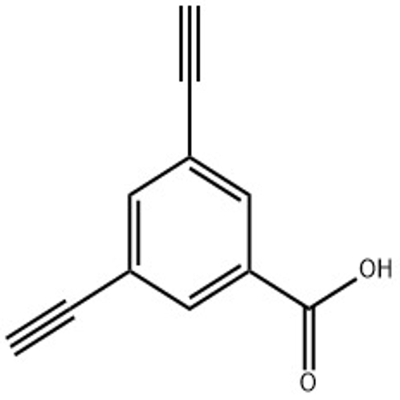-
Categories
-
Pharmaceutical Intermediates
-
Active Pharmaceutical Ingredients
-
Food Additives
- Industrial Coatings
- Agrochemicals
- Dyes and Pigments
- Surfactant
- Flavors and Fragrances
- Chemical Reagents
- Catalyst and Auxiliary
- Natural Products
- Inorganic Chemistry
-
Organic Chemistry
-
Biochemical Engineering
- Analytical Chemistry
-
Cosmetic Ingredient
- Water Treatment Chemical
-
Pharmaceutical Intermediates
Promotion
ECHEMI Mall
Wholesale
Weekly Price
Exhibition
News
-
Trade Service
4-Chloro-7-hydroxy-6-methoxy-quinoline-3-carbonitrile, also known as chloroquine, is a chemical compound that has a wide range of applications in the chemical industry.
This compound is produced synthetically and is commonly used as an intermediate in the production of various chemicals and pharmaceuticals.
One of the primary applications of chloroquine is in the production of dyes and pigments.
The compound is used as a precursor in the production of certain azo dyes, which are widely used in the textile industry for coloring various types of fabrics.
Chloroquine is also used in the production of food dyes, such as green food coloring, which is commonly used in beverages, candies, and other food products.
Another major application of chloroquine is in the production of pharmaceuticals.
The compound has antimalarial properties and is commonly used to treat malaria, a disease that is caused by parasites and affects millions of people worldwide.
Chloroquine is also used in the treatment of other parasitic infections, such as leishmaniasis and giardiasis.
In addition to its use in the treatment of parasitic infections, chloroquine is also used in the treatment of autoimmune diseases, such as rheumatoid arthritis and lupus.
The compound has anti-inflammatory properties and is used to reduce the symptoms of these diseases, which include joint pain, swelling, and fatigue.
Chloroquine is also used in the production of certain types of plastics and fibers.
The compound is used as a precursor in the production of certain polyester fibers, which are commonly used in clothing and other textile products.
It is also used in the production of certain types of plastics, such as polyethylene terephthalate, which is commonly used in packaging and other applications.
In addition to its uses in the chemical industry, chloroquine is also used in the production of certain types of cosmetics.
The compound is used in the production of certain types of hair dyes and conditioners, as well as in the production of skin care products, such as moisturizers and sunscreens.
The wide range of applications of chloroquine in the chemical industry makes it an important compound for the production of various chemicals and pharmaceuticals.
Its use in the treatment of parasitic infections, autoimmune diseases, and other medical conditions further highlights its importance in the pharmaceutical industry.
The compound's use in the production of dyes, pigments, plastics, and fibers also demonstrates its versatility and value in the chemical industry.
Overall, chloroquine is a versatile and valuable compound that has a wide range of applications in various industries.







